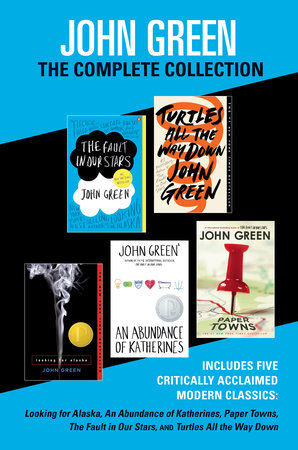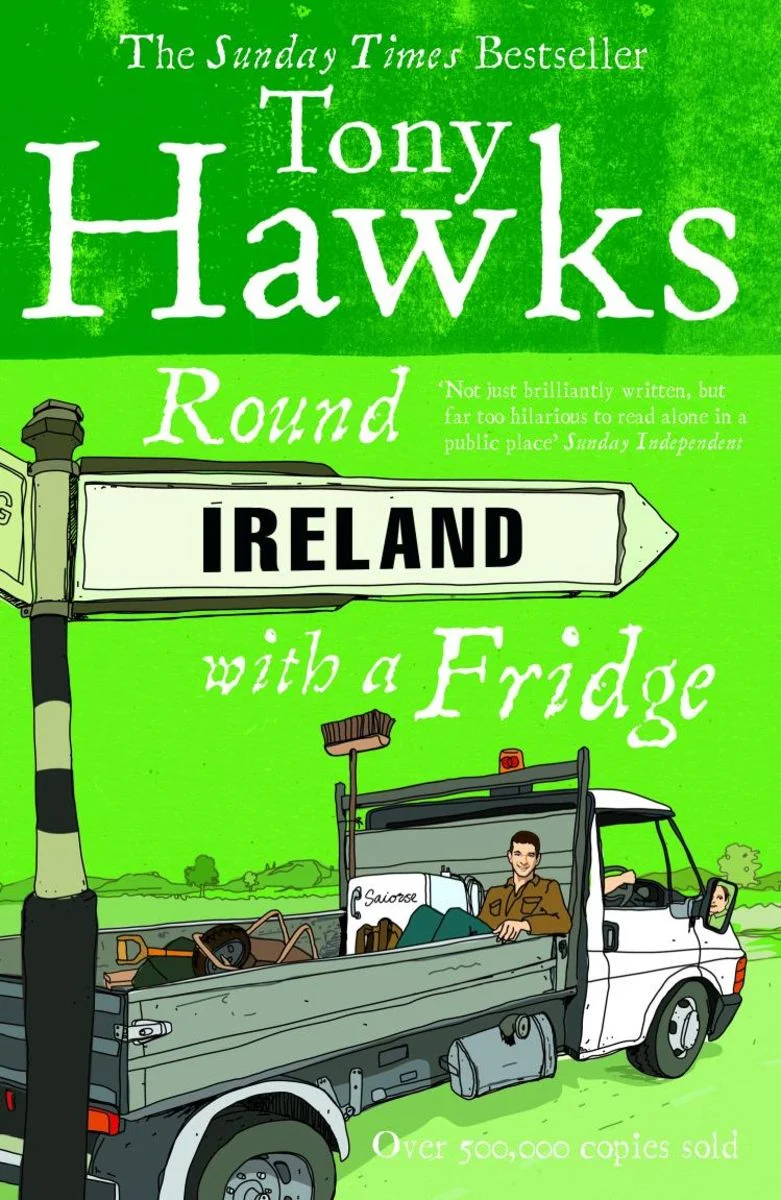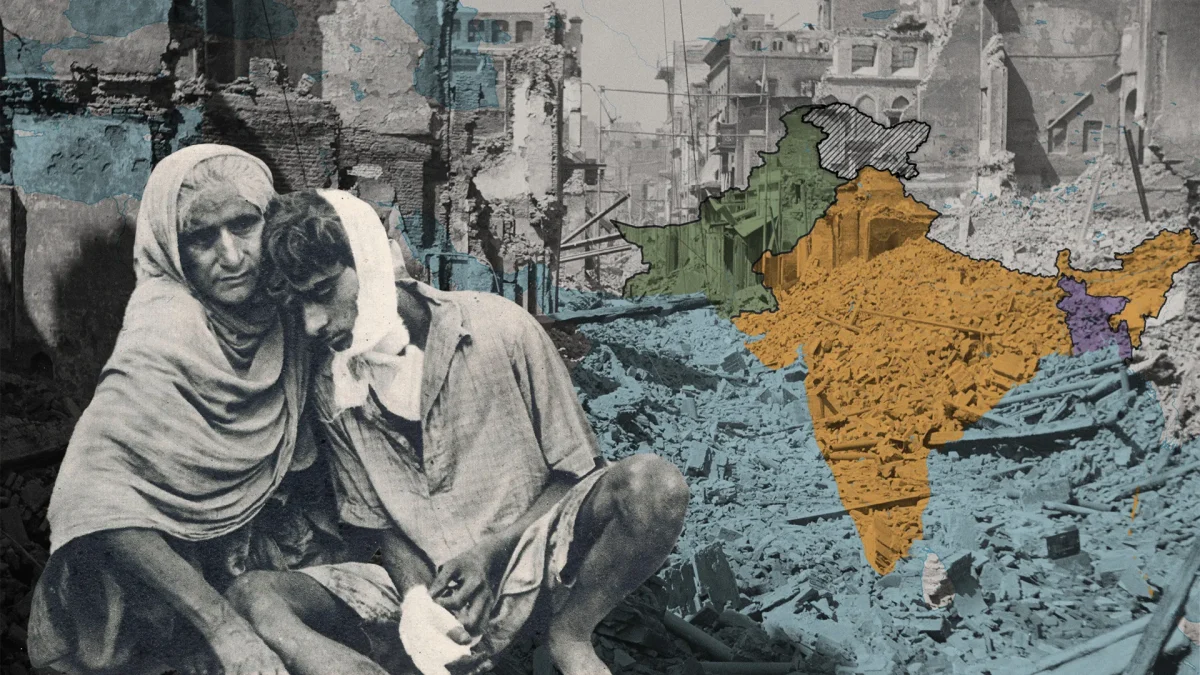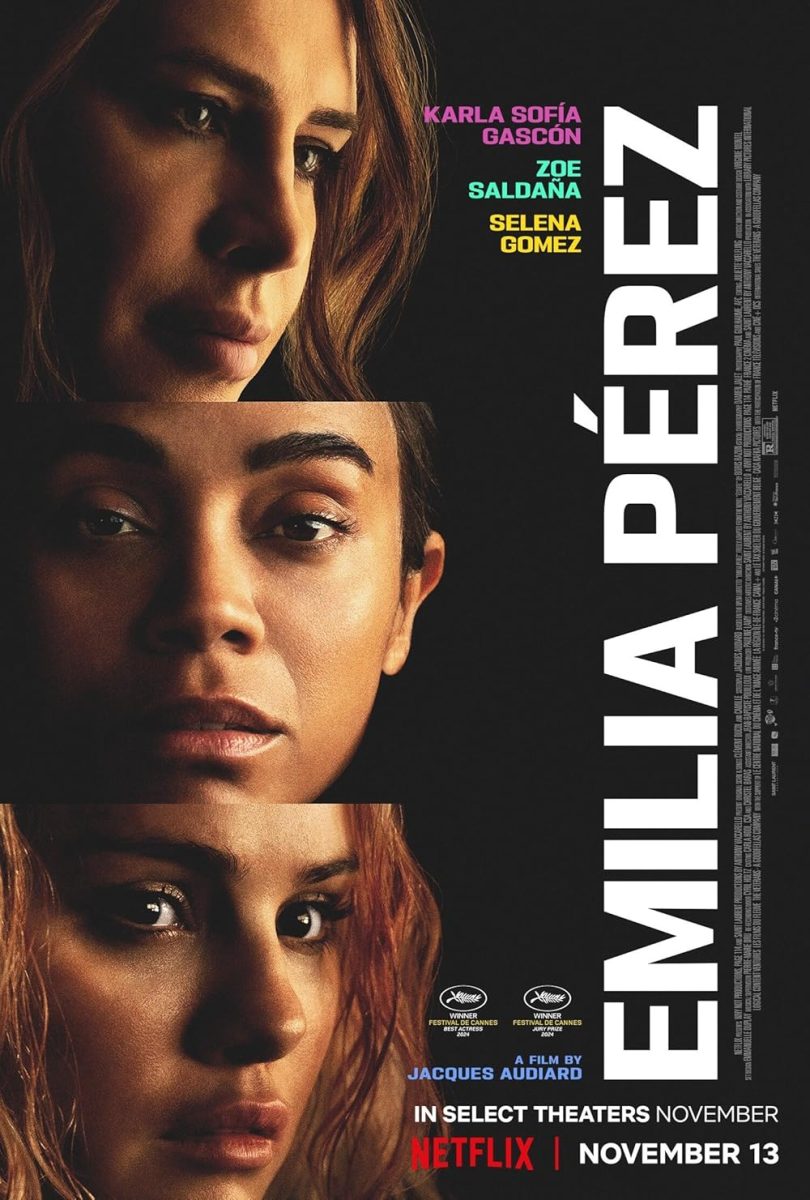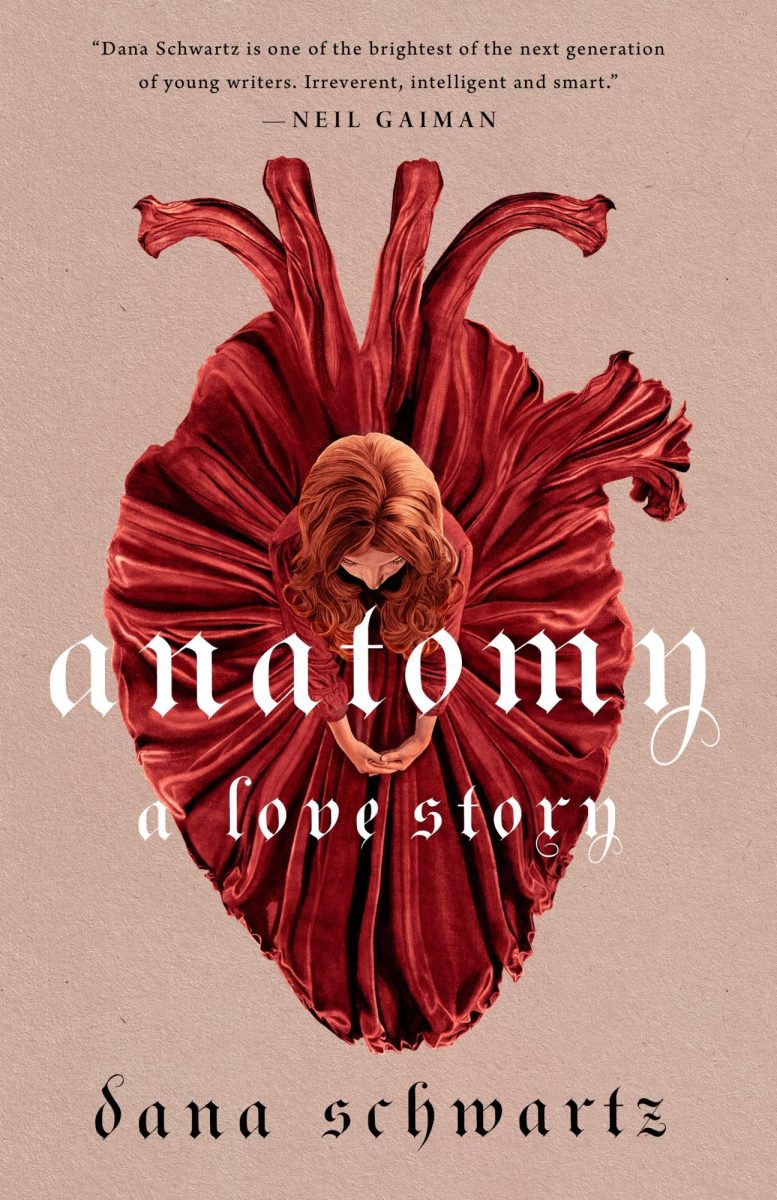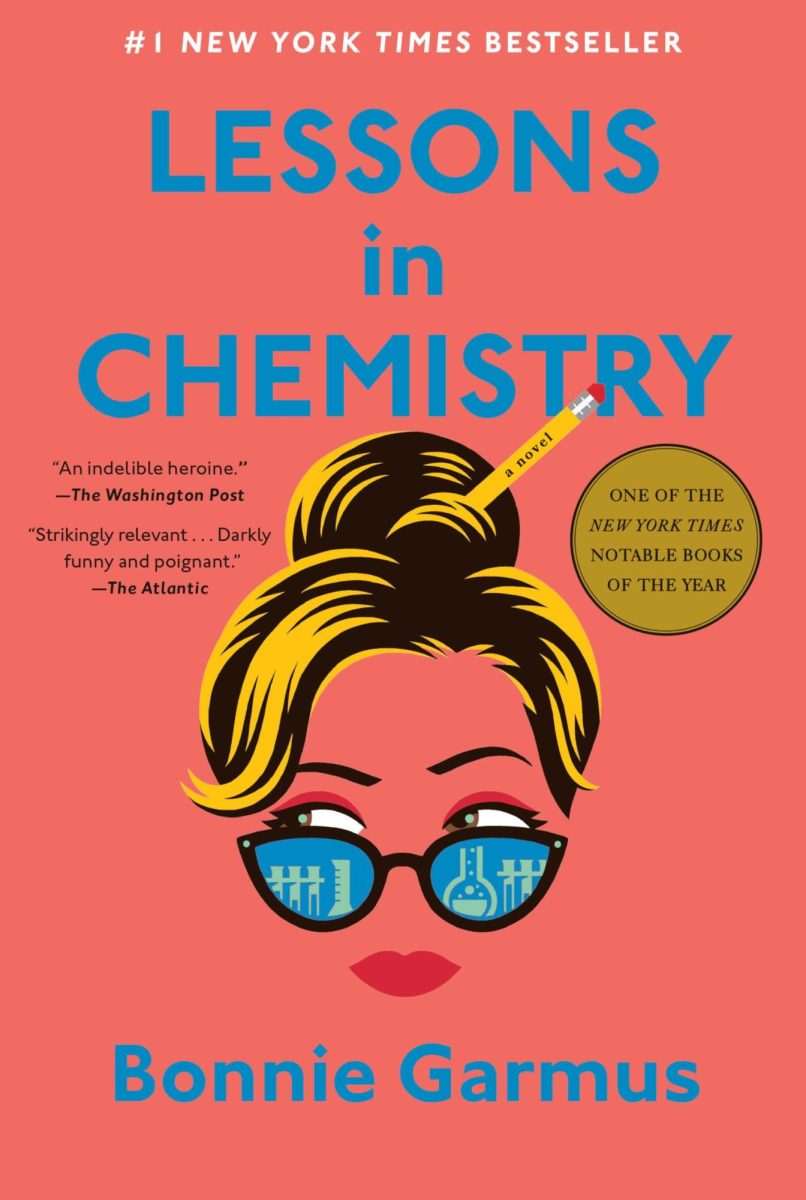It is likely that few modern authors will be remembered and revered quite as fondly as John Green, whose catalog, in my opinion, does not have a single bad book. His stories are unfailingly witty, powerful, evocative, and beautiful, always amplified by his unique prose and signature existential dread. With the release of his newest novel, Everything is Tuberculosis, I thought it fitting to rank all of the other books that he has written to ultimately conclude which John Green book is the best.
As mentioned before, I don’t believe that John Green has written a single bad book, but every author has their weakest work, and in Green’s case, it is An Abundance of Katherines. The novel is not bad by any means, but it feels the most out of place in his catalog for a number of reasons. Firstly, the novel does not have nearly as much substance as his others. There are some philosophical and emotional aspects, and I especially love the conclusion of Colin learning to accept his own mediocrity, but the book does not make me feel the way that all of his other works do. The best aspect of the novel is, surprisingly, its humor, with a strangely large amount of humorous dialogue and circumstances, making it ultimately the funniest John Green book. I exceptionally like the running gag of the chicken that keeps waking Colin up and the inherently humorous idea of a man trying to create a mathematical theorem to predict love.
While An Abundance of Katherines could easily be the best novel in any other author’s catalog, the immense quality of John Green’s other works and the lack of emotion found within are enough to make it the unfortunate weakest of the bunch. Suffering from a similar issue is Paper Towns, which focuses greatly on important ideas and themes rather than emotions. The most central theme in the novel is the idea that as humans, we fail to imagine each other complexly, a powerful thought that is explored incredibly well within the novel. The book is also packed with amazing and powerful metaphors, such as the cow, the grass, and the paper towns themselves. All of these metaphors culminate in a truly powerful ending, which did make me cry, although less than all of the other John Green books. It is also worth mentioning that Paper Towns is generally also quite funny, which is typical John Green wit, combined with the absurdity of the ending road trip.
Paper Towns is truly a phenomenal novel, but within John Green’s ranking, it suffers from not being quite as emotional as his other works, such as The Anthropocene Reviewed, which is also his most ambitious work. The Anthropocene Reviewed is actually a memoir, which highlights Green’s own life experiences in a series of essays that are framed as reviews of various facets of the human-centered planet. Green always manages to masterfully and emotionally connect the topic of his reviews to some larger theme about his life or humans. For instance, he uses his review of Penguins of Madagascar, the 2014 Dreamworks film, to explore the limits of human sympathy and mortality. The only real issue is found throughout the memoir: being adapted from Green’s podcast of the same name, The Anthropecene Reviewed cuts down the length of a majority of the essays so that they could all fit into a book of reasonable length, muddying their effectiveness. In particular, the essay of Auld Lang Syne, one of the most emotional in the podcast, loses the pacing that made it so effective. Although the book is still obviously amazing, I would actually recommend listening to the podcast for the best way to experience Green’s stories.
John Green’s debut novel, Looking for Alaska, is coincidentally also one of his best. The novel is his shortest, but still manages to contain a plethora of depth, emotion, humor, and tragedy. Much like every other book on this list (with the exception of An Abundance of Katherines), I cried multiple times when reading it. The novel contains many obviously excellent aspects, such as Alaska’s death, the barn, and the comedic and utter failure of Lara and Pudge’s relationship, but one of the best parts of the book, Dr. Hyde’s religion class, is surprisingly not discussed often when talking about the novel. Green’s perspective on the religions discussed in the novel is fascinating on its own, but the way he always finds a way to thematically connect things like Buddhism to Pudge’s struggles is especially compelling. The culmination of both his religious studies and his grief over Alaska in his final essay is simply beautiful. There is one issue with the novel that kept it out of the top two, which is that the conflict between Pudge and the Colonel did not feel justified. This was just one issue, however, and the excellence of the rest of the novel still makes it the third-best John Green book.
I had previously stated that The Fault in Our Stars was the best John Green book, but upon further review, I believe that there is one novel that usurps it. Nonetheless, The Fault in Our Stars is one of the best novels in recent memory. I have reviewed it before, but all of my points bear repeating. Hazel remains incredibly well-written, and her struggles are incredibly sad and potent; Gus’s death remains a tragic and beautiful conclusion to his doomed love story; the overly sarcastic dialogue remains incredibly humorous; and the ending with Hazel and her parents remains the single most powerful conclusion to any John Green book. The novel remains almost perfect, but there is one more book of Green’s that is even better.
The main fault of The Fault in Our Stars is that it is a powerful story about cancer that is written from the perspective of a man who had not suffered from cancer when writing it. Of course, he did make sure to get the perspectives of actual cancer patients, but on some level, the story was doomed to feel detached for the reason above. In stark contrast, Turtles All the Way Down is one of the best and most personal-feeling depictions of OCD and anxiety that I have ever read, written by a man who has lived his whole life with the two conditions. Similarly to The Fault in Our Stars, I have previously reviewed Turtles All the Way Down, and everything in the review still stands, except for my final opinion that The Fault in Our Stars was the better of the two novels. To summarize my old review, Turtles All the Way Down is incredibly heartfelt, beautifully tragic, deeply thought-provoking, and packed with the best instances of John Green’s signature existential dread in any of his books. In the end, I believe that it is the best novel he has ever written.
Although I did have to pick a favorite and least favorite John Green book, all of his works are truly exceptional, and I deeply love every single one of them, I know that I will enjoy Everything is Tuberculosis when I am able to read it, because I know that Green is one of the greatest authors of our time.
